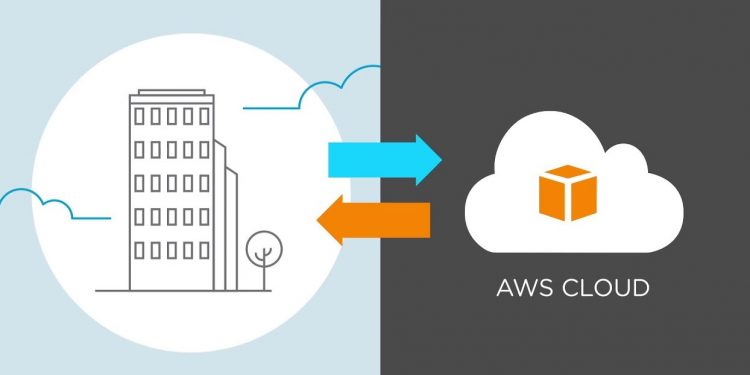Did you know that 90% of large enterprises now use a multi-cloud infrastructure? You’re not impressed? What if we tell you that over half of IT decision-makers say multi-cloud helps them achieve their business goals? That’s right. Cloud gives them efficiency, security, and flexibility to grow.
But just because top players are using it, does that mean that cloud storage is a good solution for every business? Absolutely, it is. Here are the top five practical benefits that prove that.
Cost-Efficiency & Simplified Maintenance
There’s a simple reason why migrating to the cloud is so much cheaper than building and maintaining an on-premise infrastructure: hardware. Technology evolves fast, but it also breaks down. Sooner or later, businesses with on-premise storage must replace and update their hardware.
Building an infrastructure is a huge upfront investment in and by itself. Even so, the initial investment is usually not enough. As your business scales, so do its computing and storage needs, which all take heavy investment on top of existing and added rent, electricity, and equipment costs.
There’s one other reason to invest in cloud migration services. While on-premise infrastructure requires constant on-premise maintenance that is costly and can interfere with daily operations, the provider typically maintains the cloud through so-called managed cloud services.
Accessibility, Interoperability, Integration
Unless your business is a team of two or three people, and you intend to keep it that way, you’ll need the cloud for accessibility reasons. Hybrid and remote work are here to stay and to mutual satisfaction. They lower the operational costs for businesses and increase employee productivity.
In addition to making your company systems and data available to everyone on the team 24/7, no matter where they are – which enables teamwork and real-time collaboration – cloud computing offers other benefits like integration with other systems and company-wide cohesion.
All these things improve efficiency, which is a precursor for growth. Flexible work models, facilitated teamwork, real-time syncing and document sharing, and an integrated approach to everyday task management are like clogs in a machine that never has to shut down or move.
Real-Time Insight & Competitive Advantage
Remote accessibility and real-time collaboration improve efficiency, which is key in every business and industry. However, some businesses and industries demand more. Take fintech as an example. In highly volatile markets like this, access to real-time insights gives you a huge advantage.
Earlier, we mentioned integrations as one of the most significant benefits of cloud computing and storage. Cloud providers offer integrations with various business platforms, including various analytical tools. That saves you the time and money you’d have to spend adopting software.
Furthermore, the cloud allows you to deploy applications and services faster, which helps streamline innovation and product releases. With scalable resources on demand, your business can quickly adapt to market demands and reduce time-to-market for your products and services.
Data Security & Faster Disaster Recovery
Whenever someone suggests migrating to the cloud, the question on everyone’s mind is – is it safe? While this is definitely one of the biggest concerns when it comes to data storage, providers are taking extreme measures to keep cybercriminals at bay, and successfully so.
Meanwhile, businesses that decide to keep all their data in one physical location with no cloud backup present an easy target. Unlike cloud providers, they don’t have dedicated teams that continuously monitor and update security protocols to defend against emerging threats.
Cloud is such a popular backup option because it offers faster disaster recovery, especially when implemented as a cloud DRaaS solution.
Flexibility That Enables Businesses to Scale
Cost-effectiveness, real-time accessibility, and fast disaster recovery are the three main ways cloud computing and storage ensure business flexibility. Cloud providers offer “pay for what you need” models that minimize storage costs, especially for businesses with seasonal needs.
As explained earlier, 24/7 accessibility boosts collaboration, productivity, and efficiency. Businesses that don’t hit these objectives never scale. A company cannot be competitive by today’s standards without the ability to provide remote teamwork opportunities and instant service deployment.
Though often overlooked, disaster recovery is just as crucial for scalability. Growing businesses must be ready to handle increasing amounts of data, as well as recover from data loss very fast. On-premise storage solutions just can’t scale efficiently enough to support modern business growth.
Conclusion
Should you move your business to the cloud? You have at least five good reasons to do so, so if you want to grow your company while also saving some money, it has a clear advantage over on-premise solutions. When your company reaches a stalemate, data migration is the best move.
Follow Techdee for more!





